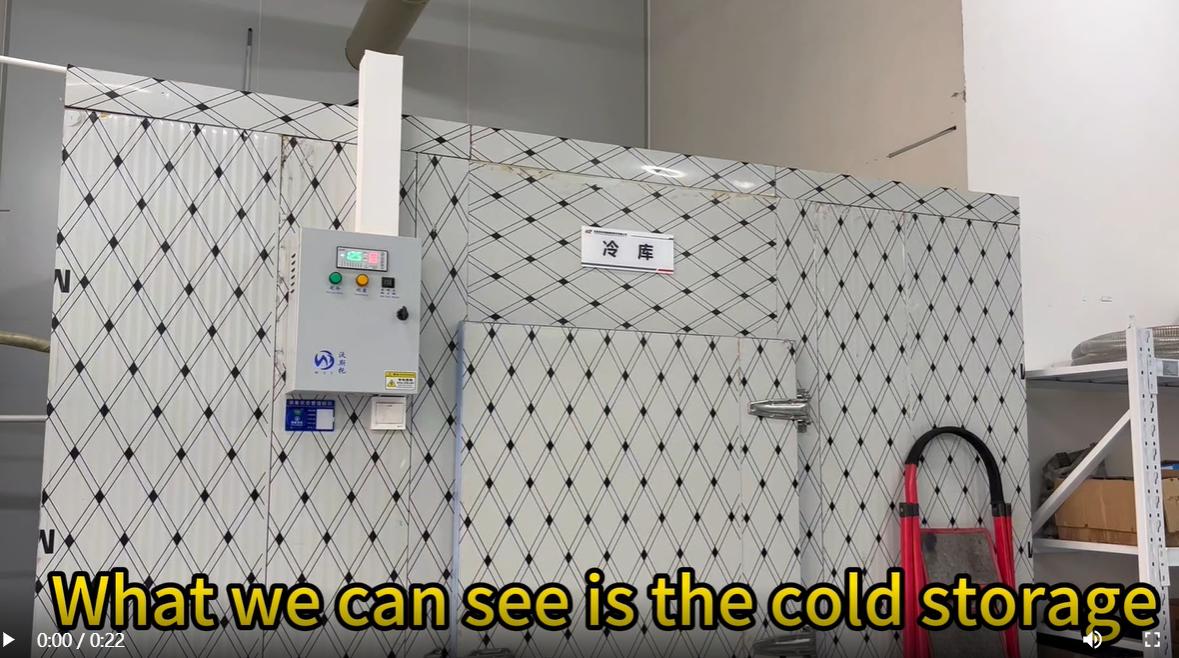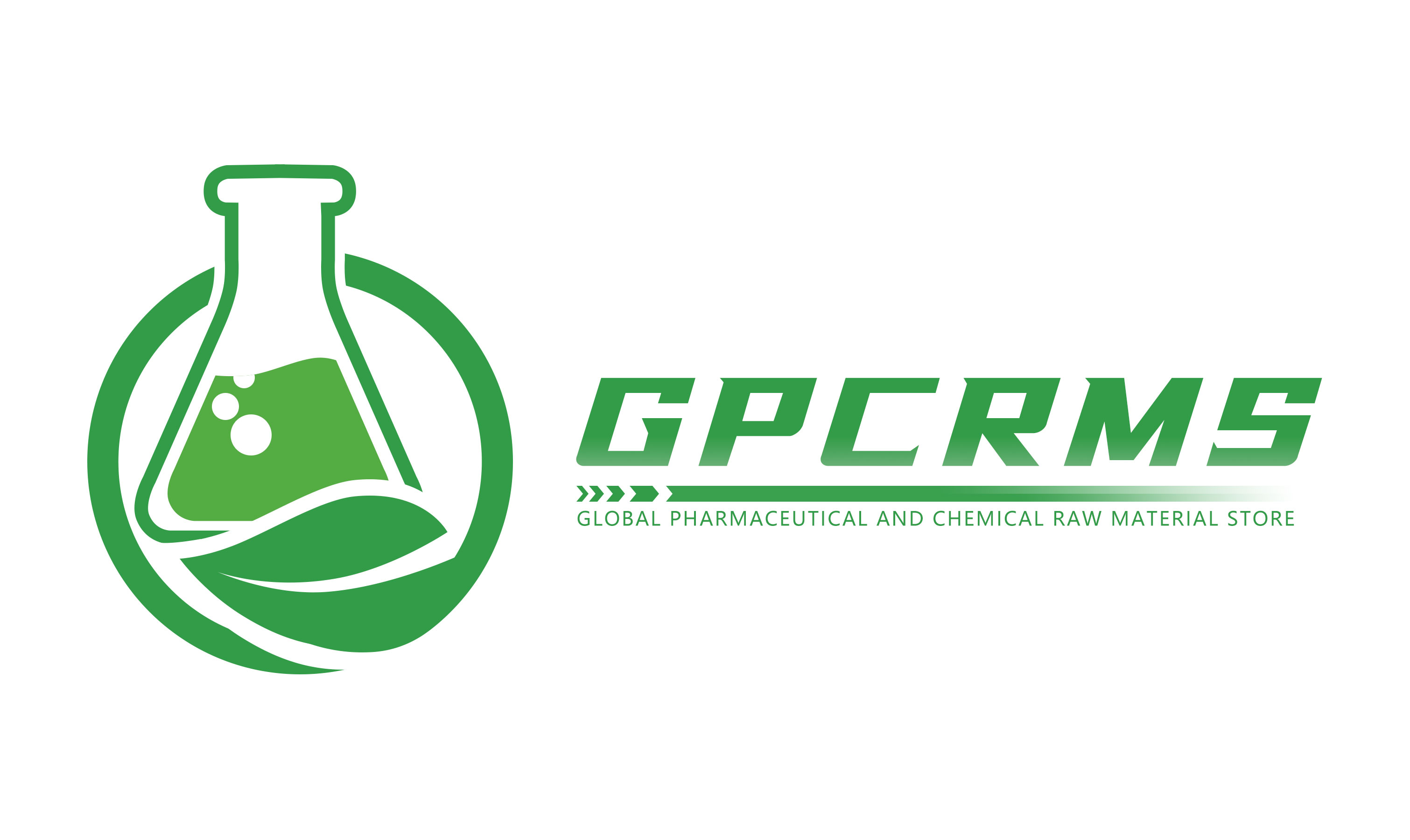Cold storage low-temperature reaction and storage
In modern scientific research, as well as in the pharmaceutical and biotech industries, cold storage plays an increasingly important role. For products that are highly sensitive to temperature, maintaining proper low-temperature conditions for reactions and storage is crucial to ensuring their stability and effectiveness. This article takes the commonly used compound MK-677 as an example to illustrate the critical function of cold storage in low-temperature reactions and preservation.
What we often see as a cold storage unit is not just an ordinary storage space; rather, it is a highly controlled environment specifically designed to maintain constant temperature and humidity. In research laboratories and pharmaceutical companies, many chemical substances, biological agents, and raw medicinal materials must be stored and handled at low temperatures. If the temperature is not properly managed, the properties of these materials can change, leading to compromised results or even rendering the products ineffective.
Take MK-677, for instance—a popular growth hormone secretagogue that typically exists in powder form. It is extremely sensitive to environmental temperature and humidity. Especially in hot and humid summer conditions, if it is not stored correctly, the powder tends to absorb moisture from the air and gradually turns into a sticky, viscous state. This not only affects its appearance but can also degrade the active ingredients, reducing its stability and effectiveness.

To prevent this, MK-677 and similar compounds are typically stored in cold storage facilities, kept at specific low temperatures (such as 2–8°C or even lower) with strict humidity control. This environment not only prolongs the shelf life of the product but also ensures that its chemical properties remain stable during use. In addition, in certain synthesis or purification experiments, low temperatures are necessary to support smooth reactions, reduce side reactions, and improve both yield and purity.
Beyond scientific and pharmaceutical fields, industries such as food production, cosmetics, and even electronics manufacturing also rely on cold storage for similar reasons. In this sense, a cold storage facility is far more than just a large refrigerator—it is an essential infrastructure component for high-end production and research processes.
In conclusion, cold storage plays a vital role in enabling low-temperature reactions and preserving sensitive products. It safeguards the stability of compounds like MK-677 and supports the smooth execution of scientific and industrial activities. As demands for product quality and safety continue to rise, cold storage technologies will undoubtedly evolve to meet the growing needs of various industries and more complex applications.
